For individuals seeking advanced roles in web development, software testing, and data analytics, earning a bachelor’s degree in computer science is necessary. Online degrees offer a unique sense of flexibility in that they can be completed from anywhere in the world, and many offer scheduling options that will allow you to complete your degree at your own pace.
However, no two programs are created equally, and some are more expensive than others. While these costs can add up and may seem overwhelming initially, it’s essential to remember how online students can save money by attending a virtual program. For example, those who study online avoid costs related to commuting and housing, and many have the added benefit of maintaining their current employment or seeking additional work to help with related expenses.
Why Trust Us
The Intelligent.com Higher Education Team is dedicated to providing students with independent, equitable school and program rankings and well-researched resources. Our expert-driven articles cover topics related to online colleges and programs, paying for school, and career outlooks. We use data from the U.S. Department of Education’s College Scorecard, the National Center for Education Statistics, and other reputable educational and professional organizations. Our academic advisory team reviews content and verifies accuracy throughout the year for the most current information. Partnerships do not influence rankings or editorial decisions.
- Analyzed over 2,000 national, accredited, and nonprofit colleges and universities
- 800+ rankings pages are reviewed and updated yearly
- Content is informed by reputable sources, surveys, and interviews with academic advisors and other experts
- Over 100 data points are reviewed for accuracy and quality throughout the year, including sources
How we rank schools
Our list features the best Affordable Online Computer Science degree programs at top colleges nationwide. Each school featured is a nonprofit, accredited institution — either public or private — with a high standard of academic quality for post-secondary institutions.
We evaluated each school’s program on tuition costs, admission, retention and graduation rates, faculty, reputation, and the student resources provided for online students. We collected data from trusted sources like the National Center for Education Statistics, individual school and program websites, school admissions counselors, and other data sources. Then, we calculated the Intelligent Score on a scale of 0 to 100 based on the following criterion:
Academic Quality:
- Admission rate versus enrollment rate
- Retention rate of students who return after year one
- Accreditation status (regional and programmatic)
- Nonprofit status, both private and public institutions
Graduation Rate
- Overall graduation rate
- Total number of currently enrolled students, including diversity metrics
- Student-to-faculty ratio
Cost and ROI
- In-state and out-of-state per-credit tuition rates and fees
- Required credits to graduate
- Earning potential after graduation
- Availability of federal student loans, scholarships, and other financial aid options
Student Resources
- Available student services for online-only and hybrid programs
- On-campus amenities like tutoring centers and the number of libraries
Read more about our ranking methodology.
29 Most Affordable Online Bachelor’s in Computer Science Programs
FiltersInstitution Type
Status
- Intelligent Score
- Alphabetically By University Name
- Acceptance Rate
- Enrollment
- In-state Graduate Tuition
- Out-of-state Graduate Tuition
- In-state Undergraduate Tuition
- Out-of-state Undergraduate Tuition

Western Governors University
Intelligent Score: 99.11In-state: $6,380
Out-of-state: $6,380
In-state: $7,500
Out-of-state: $7,500
SAT: N/A
ACT: N/A
$241
Online
Northwest Commission on Colleges and Universities
120

University of Illinois Springfield
Intelligent Score: 98.75In-state: $14,317
Out-of-state: $33,824
In-state: $15,016
Out-of-state: $15,016
SAT: 1200-1460
ACT: 27-33
Resident: $293
Non-Resident: $613
Online
Higher Learning Commission
120

Central Methodist University
Intelligent Score: 97.16In-state: $5,950
Out-of-state: $5,950
In-state: $6,075
Out-of-state: $6,075
SAT: N/A
ACT: N/A
$230
Online
Higher Learning Commission
120
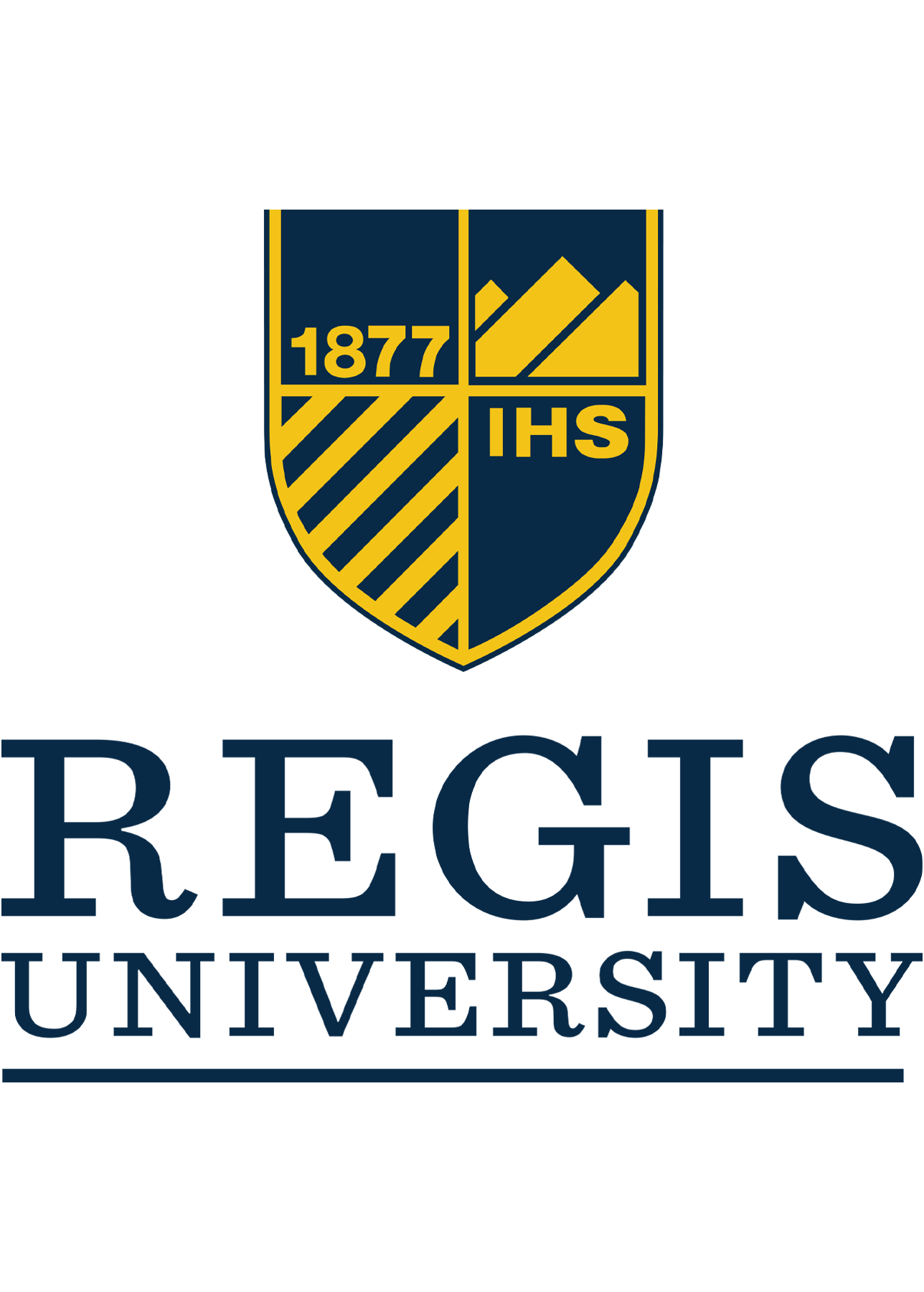
Regis University
Intelligent Score: 96.13In-state: $38,208
Out-of-state: $38,208
In-state: $14,322
Out-of-state: $14,322
SAT: 1000-1220
ACT: 21-28
$572
Online
Higher Learning Commission
120

National University
Intelligent Score: 95.24In-state: $13,320
Out-of-state: $13,320
In-state: $15,480
Out-of-state: $15,480
SAT: N/A
ACT: N/A
$370
Online, On-Campus
WASC Senior College and University Commission
180

Colorado State University Global
Intelligent Score: 94.05In-state: $9,426
Out-of-state: $28,147
In-state: $10,520
Out-of-state: $10,520
SAT: 1070-1280
ACT: 23-29
$350
Online
Higher Learning Commission
120

Franklin University
Intelligent Score: 93.3In-state: $9,552
Out-of-state: $9,552
In-state: $16,080
Out-of-state: $16,080
SAT: N/A
ACT: N/A
$398
Online
Higher Learning Commission
124
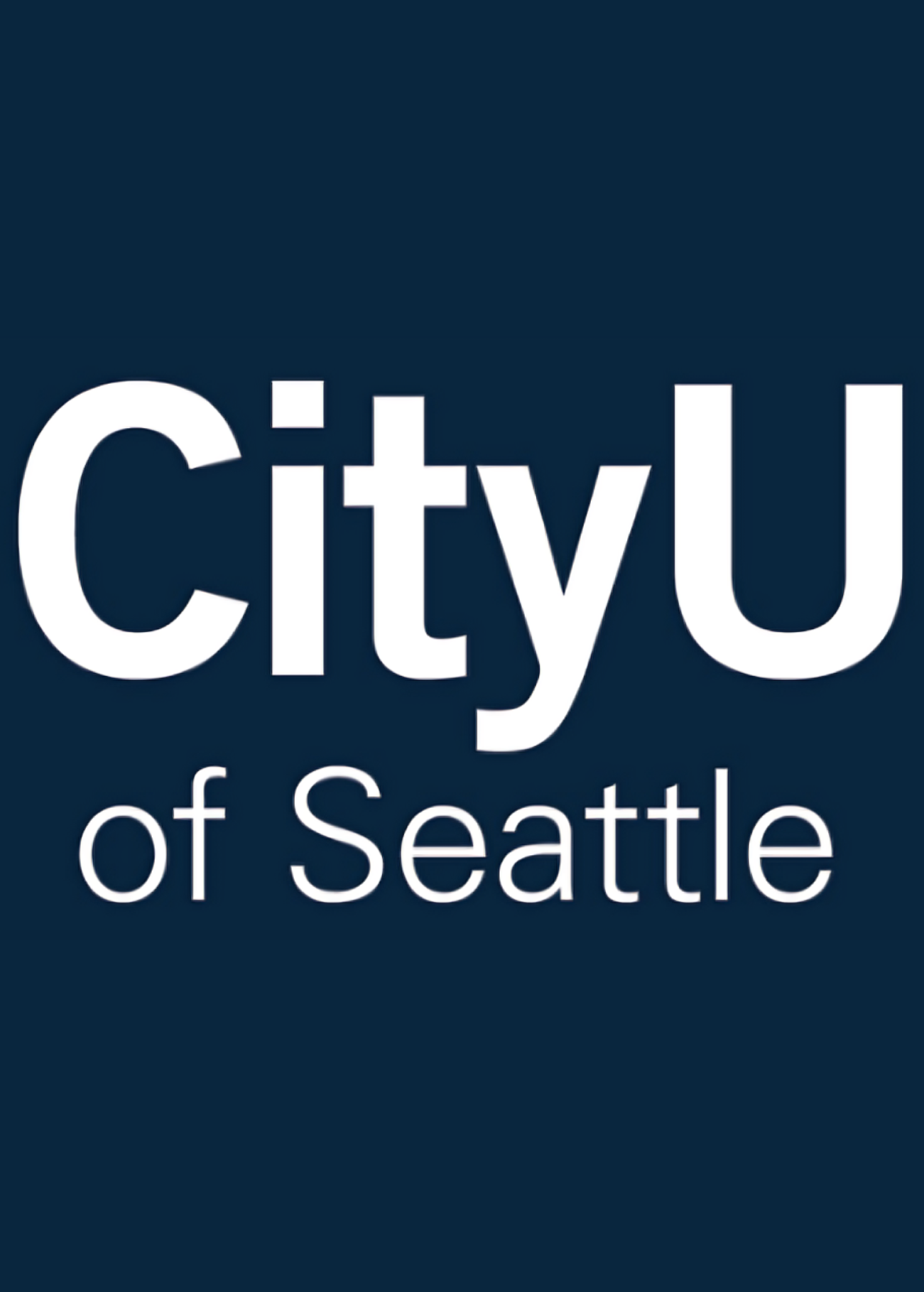
City University of Seattle
Intelligent Score: 90.7In-state: $13,658
Out-of-state: $13,658
In-state: $11,812
Out-of-state: $11,812
SAT: N/A
ACT: N/A
$515
Online
Northwest Commission on Colleges and Universities
180
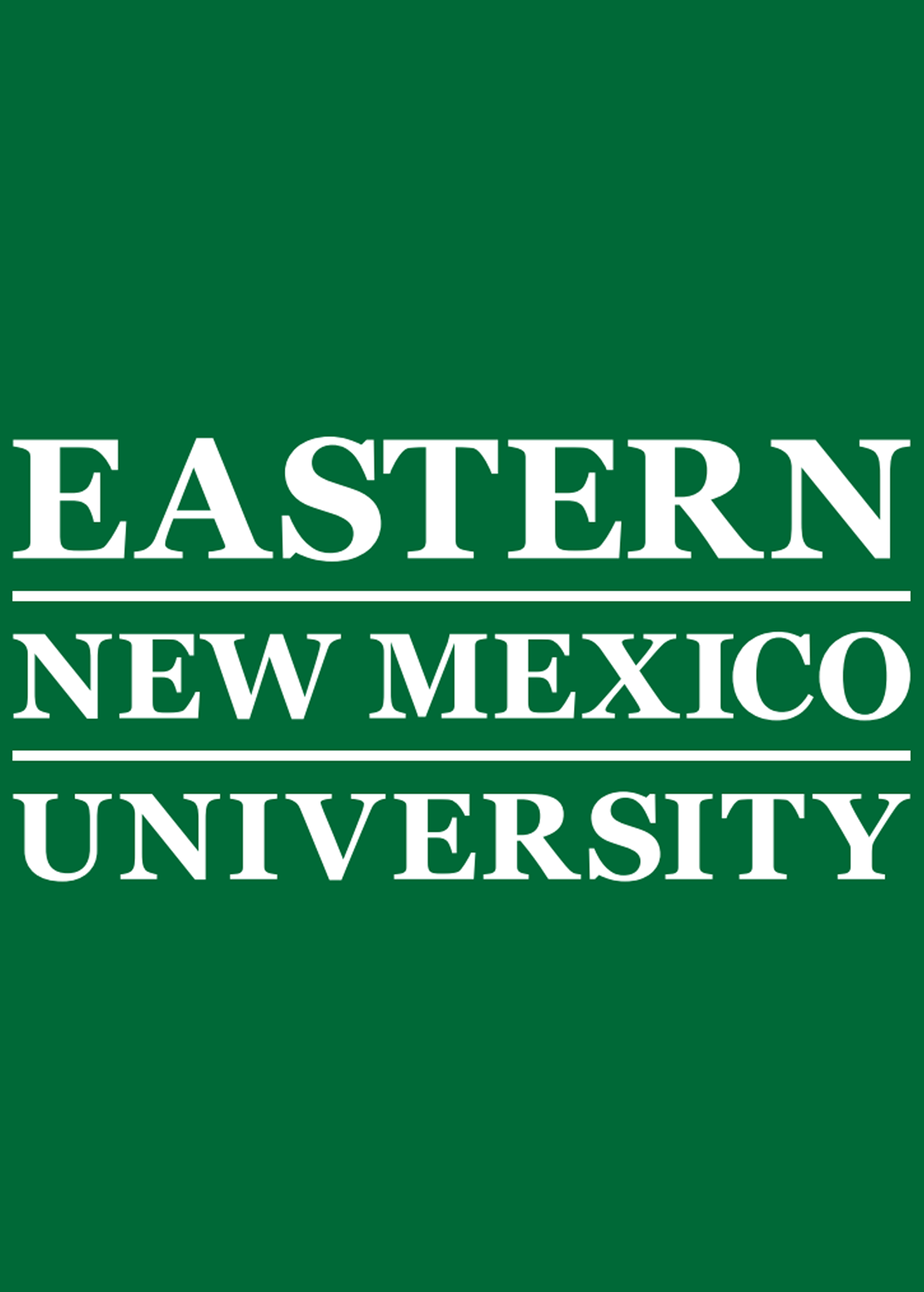
Eastern New Mexico University
Intelligent Score: 89.17In-state: $4,074
Out-of-state: $6,114
In-state: $5,351
Out-of-state: $5,351
SAT: 950-1160
ACT: 17-23
Resident: $191
Non-Resident: $274
Online
Higher Learning Commission
120

Concordia University at St. Paul
Intelligent Score: 88.99In-state: $32,660
Out-of-state: $32,660
In-state: $9,090
Out-of-state: $9,090
SAT: 990-1180
ACT: 19-25
$420
Online
Higher Learning Commission
120

Florida International University
Intelligent Score: 88.92In-state: $4,721
Out-of-state: $16,529
In-state: $8,912
Out-of-state: $8,912
SAT: 1110-1260
ACT: 23-29
In-State: $228
Out-of-State: $345
Online
Southern Association of Colleges and Schools Commission on Colleges
120

Fort Hays State University
Intelligent Score: 88.23In-state: $4,140
Out-of-state: $14,580
In-state: $3,726
Out-of-state: $3,726
SAT: N/A
ACT: N/A
Resident: $181 - $250
Non-Resident: $529
Online, On-Campus
Higher Learning Commission
120
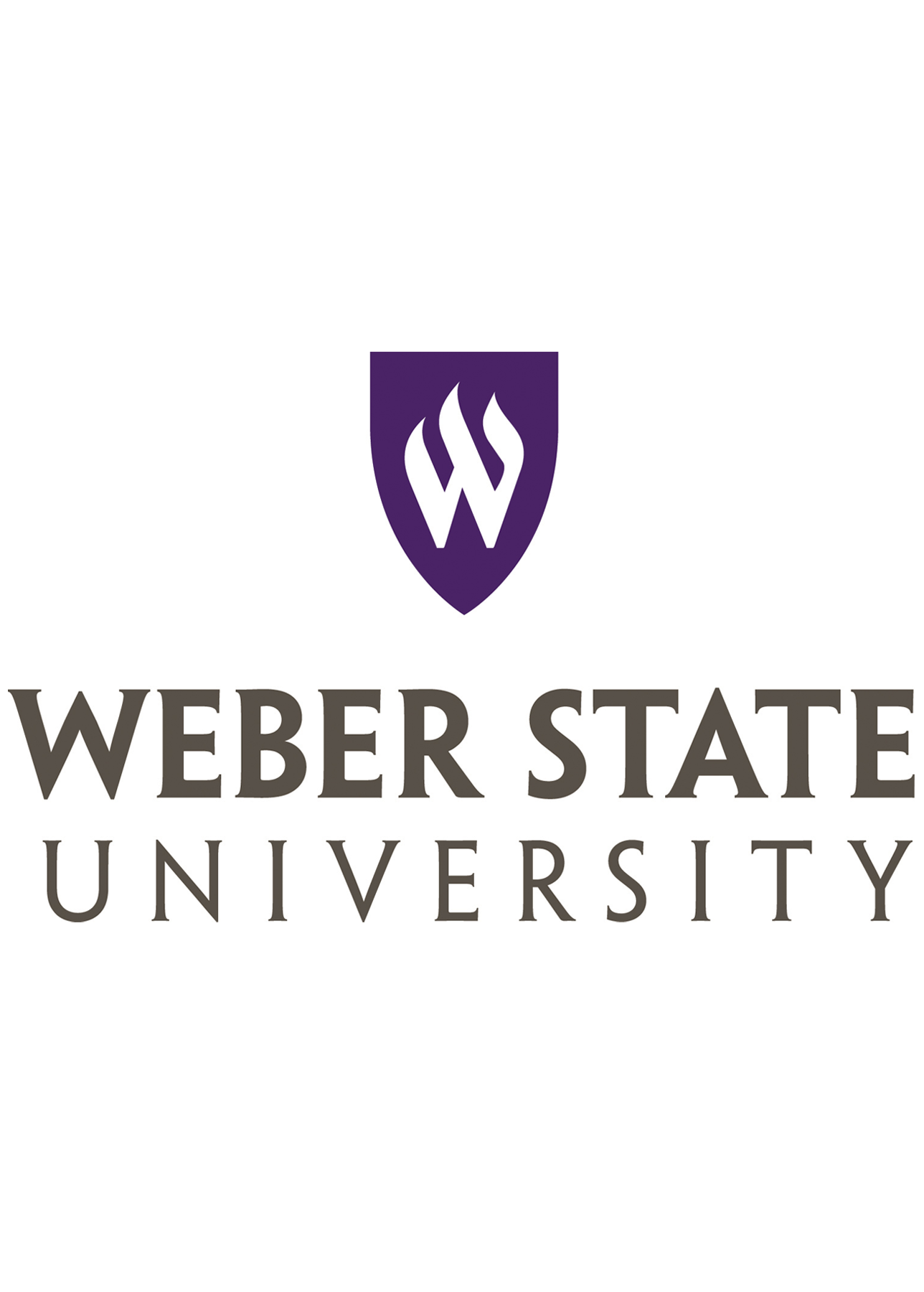
Weber State University
Intelligent Score: 87.76In-state: $5,090
Out-of-state: $15,272
In-state: $7,935
Out-of-state: $7,935
SAT: N/A
ACT: N/A
Resident: $492
Non-Resident: $1,455
Online
Northwest Commission on Colleges and Universities
120

Lamar University
Intelligent Score: 87.3In-state: $6,129
Out-of-state: $15,945
In-state: $6,397
Out-of-state: $6,397
SAT: 943-1140
ACT: 17-23
Resident: $259
Non-Resident: $679
Online, On-Campus
Southern Association of Colleges and Schools Commission on Colleges
121
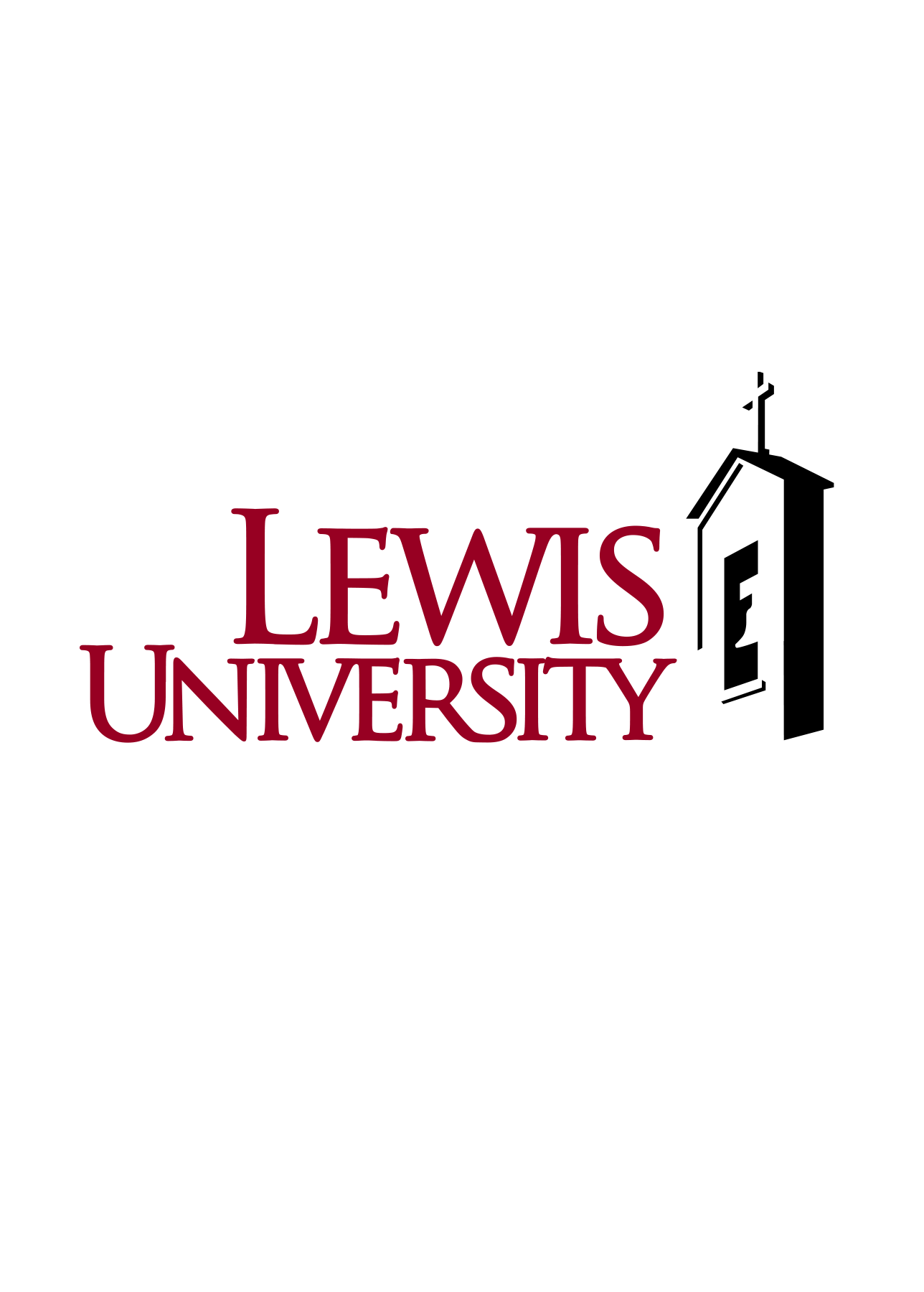
Lewis University
Intelligent Score: 87.21In-state: $34,268
Out-of-state: $34,268
In-state: $14,580
Out-of-state: $14,580
SAT: 1010-1220
ACT: 21-27
$625
Online, On-Campus
Higher Learning Commission
128

Baker College
Intelligent Score: 86.01In-state: $9,960
Out-of-state: $9,960
In-state: $12,510
Out-of-state: $12,510
SAT: N/A
ACT: N/A
$435
Online
Higher Learning Commission
120
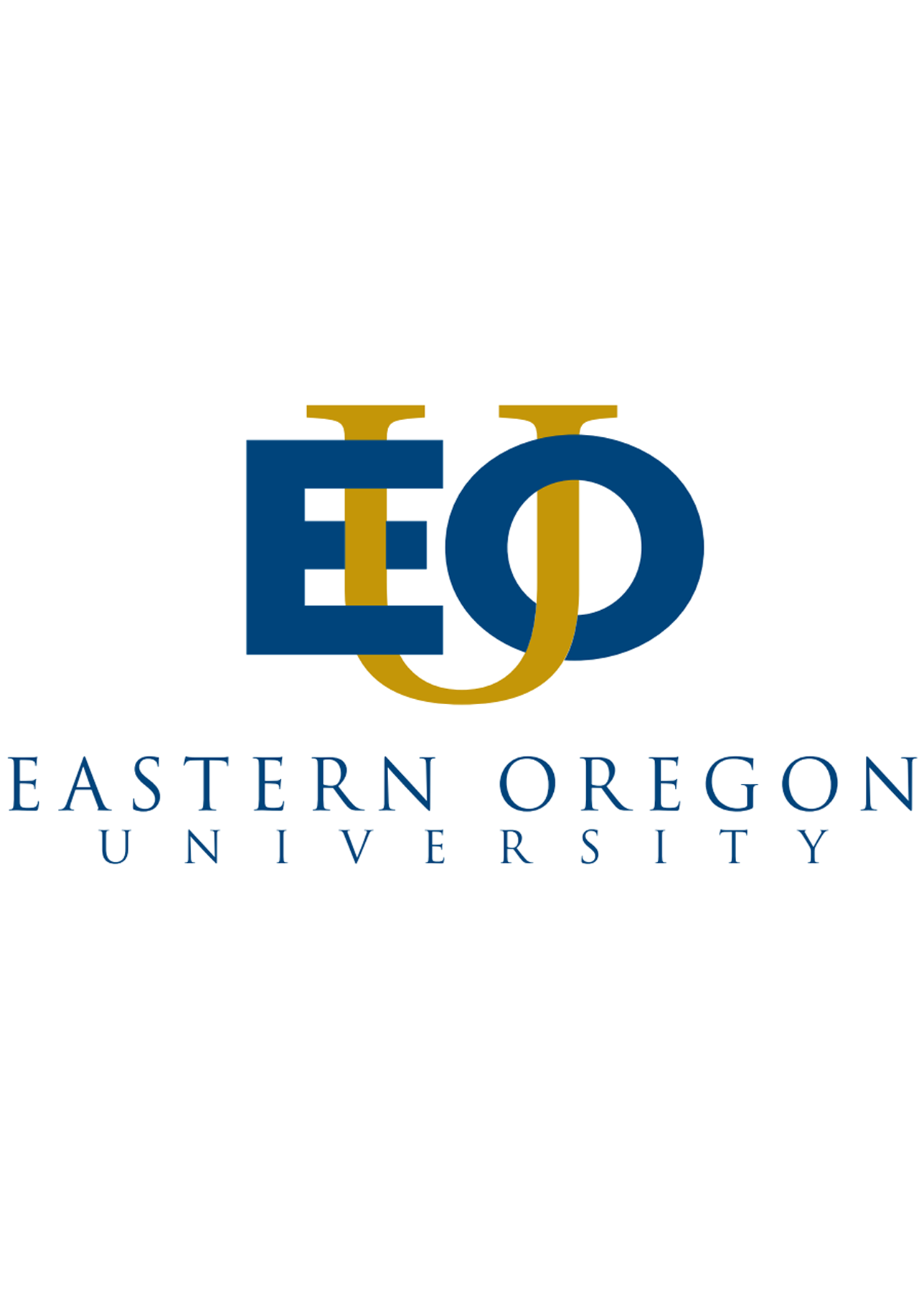
Eastern Oregon University
Intelligent Score: 84.92In-state: $7,830
Out-of-state: $20,520
In-state: $17,550
Out-of-state: $17,550
SAT: N/A
ACT: N/A
$286
Online
Northwest Commission on Colleges and Universities
180

Jessup University
Intelligent Score: 83.69In-state: $36,000
Out-of-state: $36,000
In-state: $13,924
Out-of-state: $13,924
SAT: N/A
ACT: N/A
$500
Online
WASC Senior College and University Commission
128
Factors Influencing the Cost of an Online Bachelor’s in Computer Science Program
The cost of an online bachelor’s in computer science program can vary widely depending on the institution, making it essential to carefully analyze the overall cost of each institution you’re considering.
- Public vs. private institution: Public schools often offer more affordable tuition than private institutions. Public schools receive state funding, which helps subsidize education costs. Private institutions rely more on tuition revenue, resulting in higher fees.
- Nonprofit vs. for-profit: Nonprofit online institutions typically prioritize education quality over profit, which can lead to lower tuition rates. For-profit schools, on the other hand, often have higher tuition fees as they aim to generate revenue for shareholders.
- Student residency status: In-state residents typically benefit from lower tuition rates at public institutions. Out-of-state and international students often pay a premium for the same education.
- Student military status: Many online institutions offer reduced tuition rates for active-duty military personnel, veterans, and their dependents as a gesture of support for their service.
How to Pay for an Online Bachelor’s in Computer Science Degree
Out-of-pocket
For students who want to avoid student loans and interest payments, paying for your tuition out-of-pocket may solve your problem. Some schools offer payment plans, which enable students to break down their tuition into manageable installments throughout the academic year. With thoughtful budgeting and saving, individuals and their families can contribute to these payments, ultimately alleviating the financial burden of pursuing higher education.
Federal student loans
Federal student loans are generally preferable to private loans for their favorable terms — including lower interest rates and flexible repayment options. However, it’s essential to avoid overreliance on loans to prevent accruing excessive debt.
To borrow responsibly, consider applying for other forms of financial aid, such as grants and scholarships, and using federal loans as a supplement rather than a primary funding source. Overborrowing can lead to substantial interest and repayment burdens, so it’s essential to exercise caution while practicing financial responsibility.
Private education loans
Private education loans are another option to fund your degree, but they are not as preferable due to their rigid repayment terms and higher interest rates than federal loans. Private loans often require a strong credit history or a co-signer, and the application process involves a hard credit check.
While they can be an option for some, it’s crucial to explore federal aid and scholarships first and consider private loans as a last resort to avoid the less favorable terms and increased debt burden they may entail.
Scholarships
Scholarships are a significantly advantageous way to finance your degree because they don’t require repayment — essentially serving as free money for college. These financial awards can be merit-based, need-based, or awarded for specific talents, having a certain background, or maintaining particular affiliations.
You can find scholarship opportunities through your institution by contacting your financial aid office. Specific professional organizations and community foundations may offer these opportunities as well.
Grants
Grants, like scholarships, do not require repayment, making them a popular source of financial aid, particularly for undergraduates. Eligible students can access federal grants, such as the Pell Grant, by submitting the Free Application for Federal Student Aid (FAFSA).
In addition to federal programs, some states and institutions offer their own grant programs, often based on financial need. These grants can significantly alleviate the cost of higher education, making it more accessible and affordable for aspiring computer scientists.
Work-study
You can also offset educational expenses through work-study programs. These opportunities, often awarded based on financial need as outlined in the FAFSA, allow students to work part-time jobs, either on or off-campus, to earn money for their education. Institutions may offer their own work-study programs as well, providing flexibility and valuable work experience. These earnings can cover educational costs and provide practical skills, making work-study a beneficial option for those looking to manage their expenses while gaining professional experience.
Employer tuition assistance
If you’re currently employed, you might turn to employer tuition assistance over work-study opportunities. Eligibility and terms vary by employer, but students can typically access this benefit by inquiring within their HR department. Some employers require students to pursue degrees relevant to their jobs, maintain a minimum GPA, or commit to working for the company for a specified period after graduation.
Applying for Financial Aid
For most students in the United States, applying for financial aid begins with submitting the Free Application for Federal Student Aid (FAFSA). This application is the gateway to multiple forms of financial assistance for higher education, including federal grants, work-study programs, and subsidized student loans. You can access the FAFSA form online, providing detailed information about your financial situation and academic plans.
Learn more about the FAFSA
For those seeking additional guidance when submitting the FAFSA, check out our Ultimate FAFSA Guide. This in-depth guide breaks down funding options, offers a step-by-step FAFSA walkthrough, and provides valuable insights into navigating questions related to household size and immigration status.
Student loan forgiveness and repayment
With the fate of student loan forgiveness still uncertain in the United States, it’s essential to make a financially feasible repayment plan. As college counselor Dana Marvin suggests, this might mean avoiding student loans altogether. “It is smart for families to look into every other way to fund the student’s education before accepting any loans,” she says. “All avenues for scholarships, both from the school and outside organizations, as well as grants from the state, should be looked into before officially taking out a loan.” These funding sources can help reduce your need for loans and may even cover the entire cost of your degree.
However, if you must take out loans, it’s essential to avoid over-borrowing. This common mistake can lead to a heavy debt burden, affecting your ability to save, invest, or make major life decisions — like buying a house or starting a family. It’s important to borrow wisely, considering future earning potential and choosing the most affordable loan options.
How to Choose the Online College or University that’s Right for You
Step 1: Clarify what you want
Choosing an online university is a significant decision, but how can you know you’re making the right choice?
First, clearly define your academic goals. Begin with choosing an area of study within computer science, such as artificial intelligence, cybersecurity, or software development, to ensure that you align your education with your professional goals.
Additionally, consider the delivery format. Whether a program is synchronous or asynchronous can affect the flexibility of your educational experience. Some students thrive in structured, real-time classes that synchronous programs provide, while others require the freedom to learn at their own pace and may opt for an asynchronous program. It’s also essential to consider whether full- or part-time study will work with your circumstances and work commitments.
Establishing these preferences will ensure you begin your online degree on the right path, optimizing your learning experience and future job prospects.
Step 2: Research schools and programs
Now that you have clarified your program preferences, your next step is researching schools and programs that align with your goals. Start by checking for an institution’s accreditation status, as this guarantees the program’s quality and recognition by future employers.
To guide your research further, consider the following questions:
- Is the program 100% online, or are there on-campus requirements?
- What are the program’s curriculum and specialization options?
- Are there ample support services available for online students?
- What is the student-to-faculty ratio?
- Does the faculty have experience teaching online classes?
Many schools will provide this information on their official website. Still, you can also find answers by attending virtual open houses or by connecting with current students or alums on platforms like LinkedIn and Reddit.
Step 3: Prepare for applications and tests
After creating a shortlist of your preferred programs, you can prepare for the application process. While requirements can vary depending on the institution, most require transcripts, letters of recommendation, and a personal statement. Some schools have adopted test-optional policies, eliminating the need for standardized tests. However, if you’re applying to a school that requires test scores, it may be beneficial to enroll in a test prep program for the SAT or ACT. These test prep programs can help boost your scores and, therefore, give you a more competitive edge in the applicant pool.
Step 4: Select your program
When applying to online computer science programs, most students adopt one of two approaches: focused applications to just one or two preferred schools or casting a wider net to increase acceptance changes. Both methods have their merits, and there’s no one-size-fits-all approach.
However, if you find yourself in a situation where you have multiple acceptance letters, you’ll likely have a big decision to make. Now is an excellent time to revisit some critical factors by asking yourself:
- How does this program’s curriculum align with my future goals?
- Is my intended specialty available?
- How affordable is the school compared to my other options?
Weighing these factors will help you make an informed decision about which online program is the best fit for your academic and career aspirations.
Step 5: Determine how you’ll pay for your degree
Attaining higher education is a significant investment in your future, and, for many, a bachelor’s degree will be the most costly endeavor you have undertaken so far. However, it’s important to remember that there are many financial aid resources available to make your degree more affordable — potentially increasing the return on your investment and setting yourself up for future financial success.
First, prioritize scholarships and grants to finance your degree, as these funds don’t require repayment. Federal loans can bridge any remaining financial gaps, with preferable terms to private loans, offering lower interest rates and more flexible repayment options.
For those seeking part-time work, don’t forget to explore work-study programs to secure part-time employment during your studies. If you’re currently employed, check with your employer to see if they offer a tuition reimbursement program, as this can significantly reduce any financial burden.
Lastly, don’t hesitate to reach out to the financial aid counselors at your chosen school, as they will be a valuable resource for personalized guidance on maximizing available funding opportunities.

